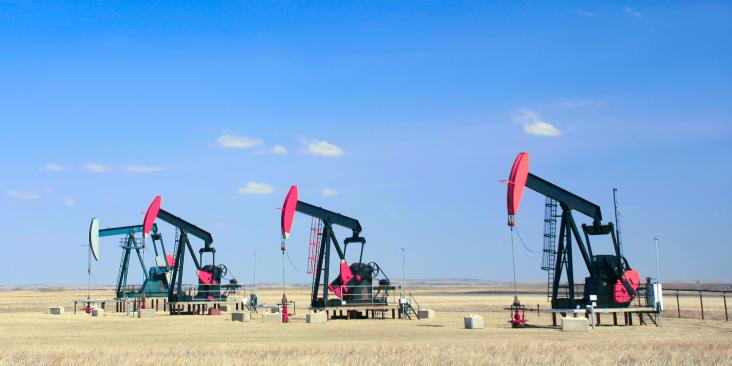At the Davos World Economic Forum: It’s the Economy and the Climate, Stupid
I admit I was a little bit nervous on my way into Davos. I looked at the guest list – so many government officials this year – and I was sure that questions about climate and the environment were going to be completely sidelined by the terrible unfolding drama of the economy. But thankfully, today I was proved wrong.
Al Gore arrived in town, fresh from his testimony in the U.S. Senate, and he got up on stage and told a roomful of rich and powerful Davos-ites that if we use the economy as an excuse to ignore climate change then we are making an inexcusable mistake. And what do you know? It appears to have worked.
Suddenly climate change is in the headlines today and people are asking if renewable energy investment and Obama’s stimulus package can point the way out of the economic crisis. Of course, nobody seems to think it’s going to be quick or easy – which is good, because it’s not – but the change in tone from yesterday is almost palpable. The headlines even have words like “hope” and “action” in them – that just wasn’t there yesterday.
And of course, it’s not just Gore who changed the tone. Gordon Brown made a powerful call today for global cooperation, and Kofi Annan has spoken with singular clarity about how we must care for the climate and society if we are to have any hope of fixing the economy. Barack Obama has been another inspirational star, he’s thousands of miles away but everywhere present in the news.
There’s a lot on the menu in Davos – climate, the economy, ethics, regulation and cooperation. And somehow, from here it feels like the world is looking to the U.S. for leadership (despite some vocal recriminations that it was Wall Street that got us here in the first place). There’s a simple and logical reason why that might be the case – we have a very, very, very, big economy. The world can’t cooperate on climate change or the economy without us. And at this moment, no one wants to be headed in the wrong direction.
Andrea Welsh is EDF’s international media director.










